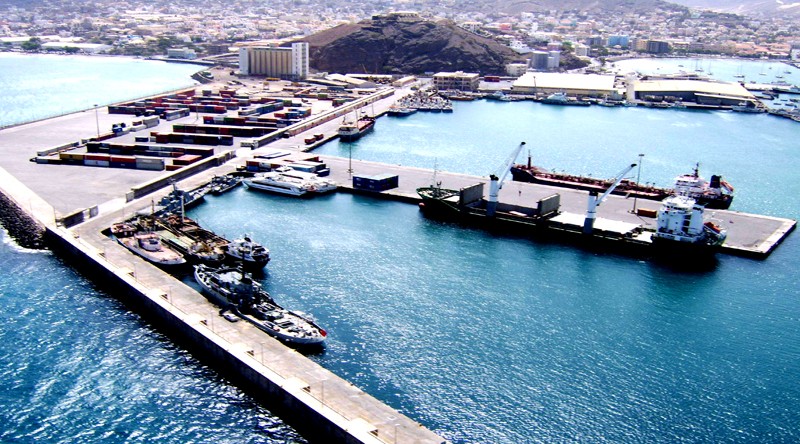The Cape Verdean trade balance was negative by almost €67 million in April, a further worsening of 1.9% compared to the same month of 2022, according to data released today by the National Statistics Institute (INE).
This result was aggravated by the increase in imports, which grew 3% in April, in homologous terms, to €72 million.
Exports increased 20.2% in the same month, to €5.3 million, while re-exports fell 23.4% to €16.7 million.

With this performance, Cape Verde’s trade balance was again negative in April – as in all previous months – at €66.7 million, against the deficit of €65.5 million in the same month of 2022.
Cape Verde imports about 80% of the food it consumes, according to previous government data, due to the drought that has affected the archipelago over the past four years, and the production of 80% of electricity is still dependent on fossil fuel plants, which forces the import of refined fuels.
In April, Europe remained “the main customer of Cape Verde,” absorbing 94.9% of total Cape Verdean exports, including Spain (46.8%), Italy (29.5%), and Portugal (17.1%), and mainly prepared and canned products (74.5%), according to INE.
In imports, the European continent continued to be Cape Verde’s main supplier, with a weight of 74.4% of the total, mainly from Portugal (48.1%) and Spain (14%), in addition to Saudi Arabia (5.3%) and the Netherlands (4.5%).
Cape Verde’s imports increased by 25.5% in 2022, while exports decreased by 3% compared to the previous year, INE released earlier.
According to foreign trade data, in 2022, Cape Verde’s exports totaled €45 million, a 3.0% decrease year-on-year.
In the year under study, Europe continued to be Cape Verde’s main client, absorbing 93.8% of the country’s total exports, a slight increase over the previous year, which was 92.1%.
Cape Verde is recovering from a deep economic and financial crisis resulting from the sharp drop in tourism demand – a sector that guarantees 25% of the archipelago’s Gross Domestic Product (GDP) – since March 2020 due to the Covid-19 pandemic.
In 2020, there was a historic economic recession, equivalent to 14.8% of GDP, followed by a 7% growth in 2021 and 17.7% in 2022, driven by the recovery of tourism demand.
With information from Lusa
News Cape Verde, English news Cape Verde, Cape Verdean economy

